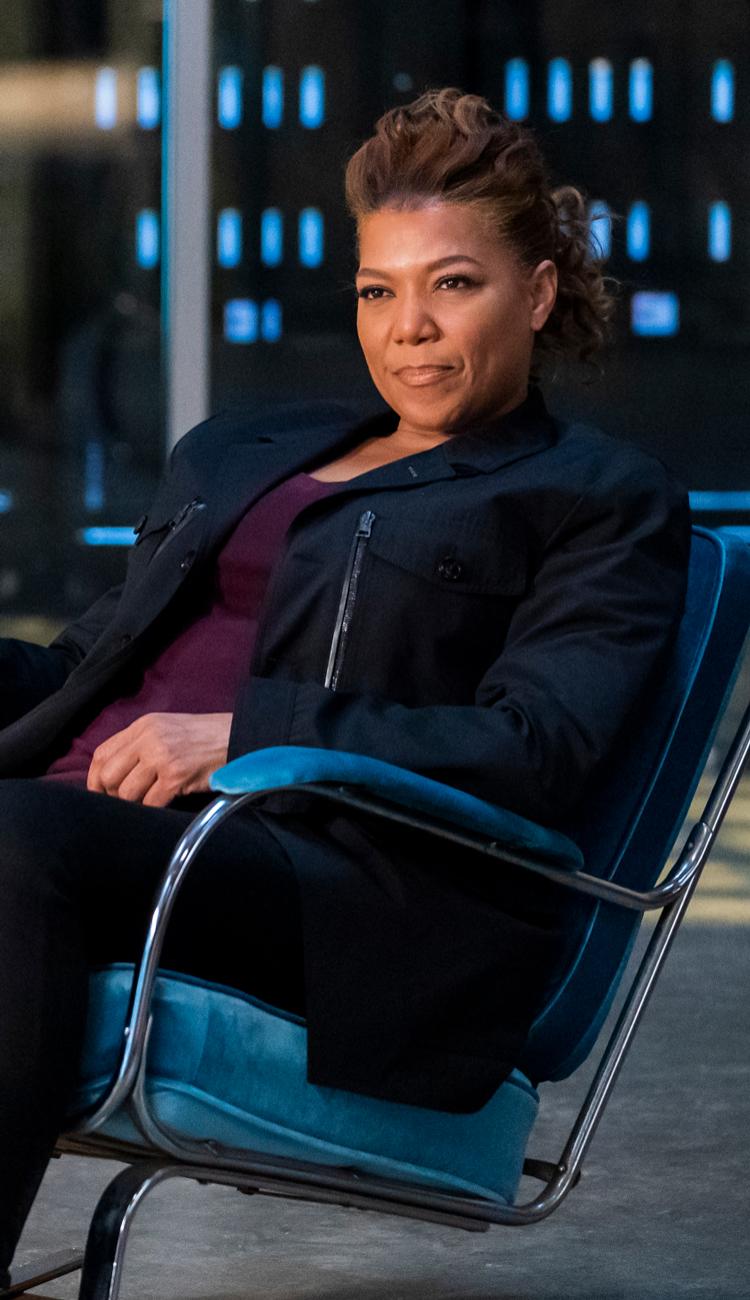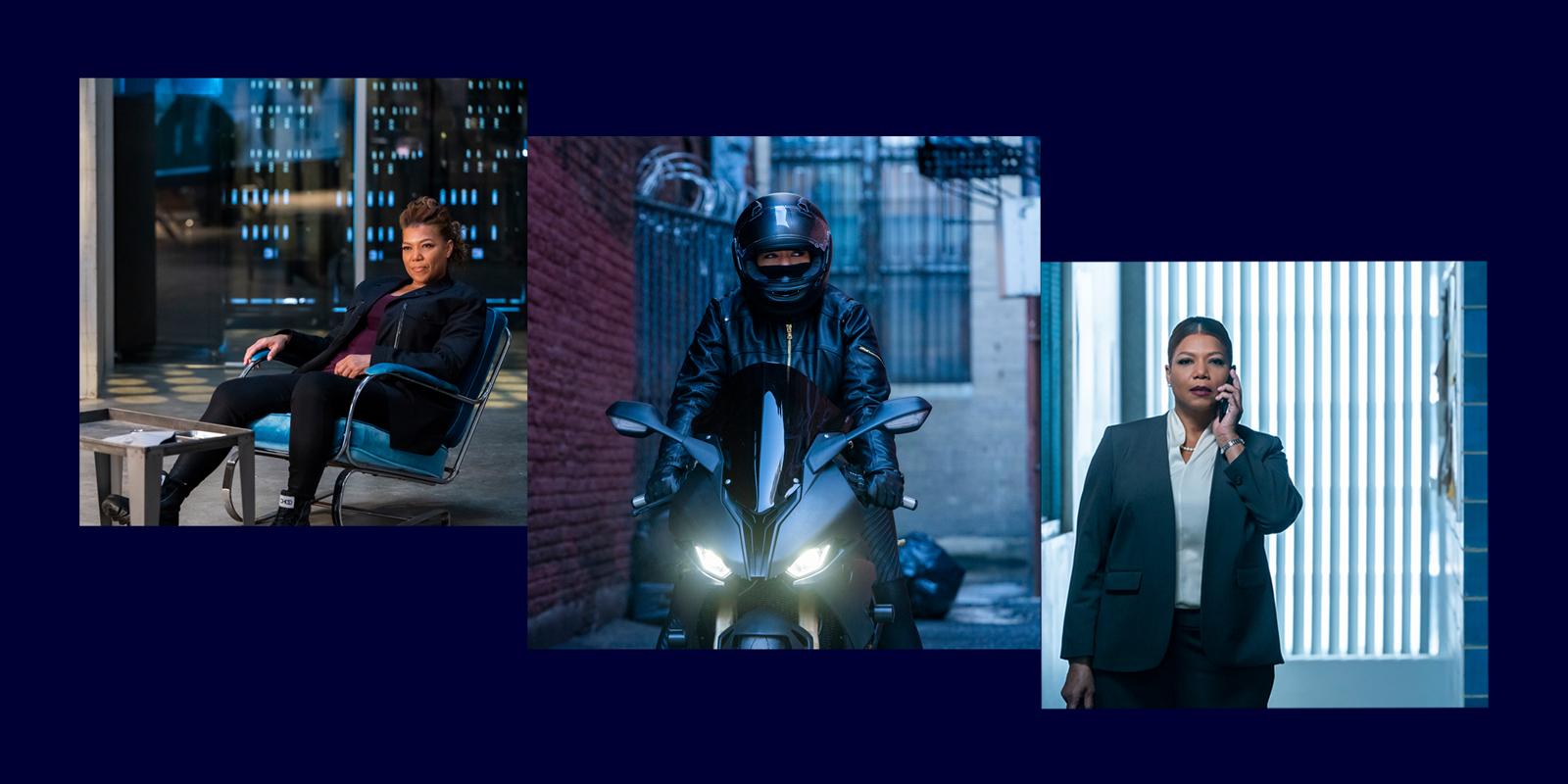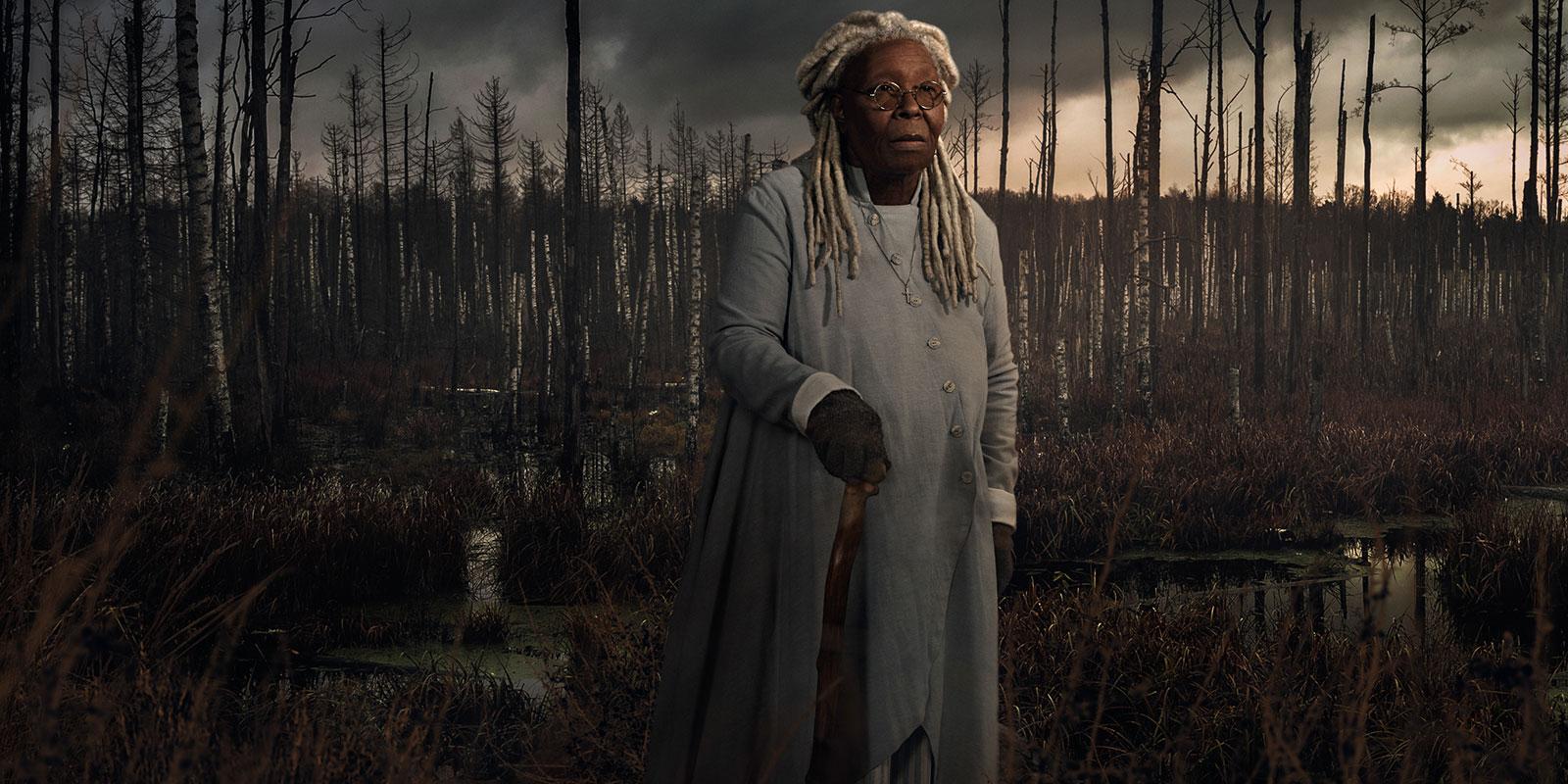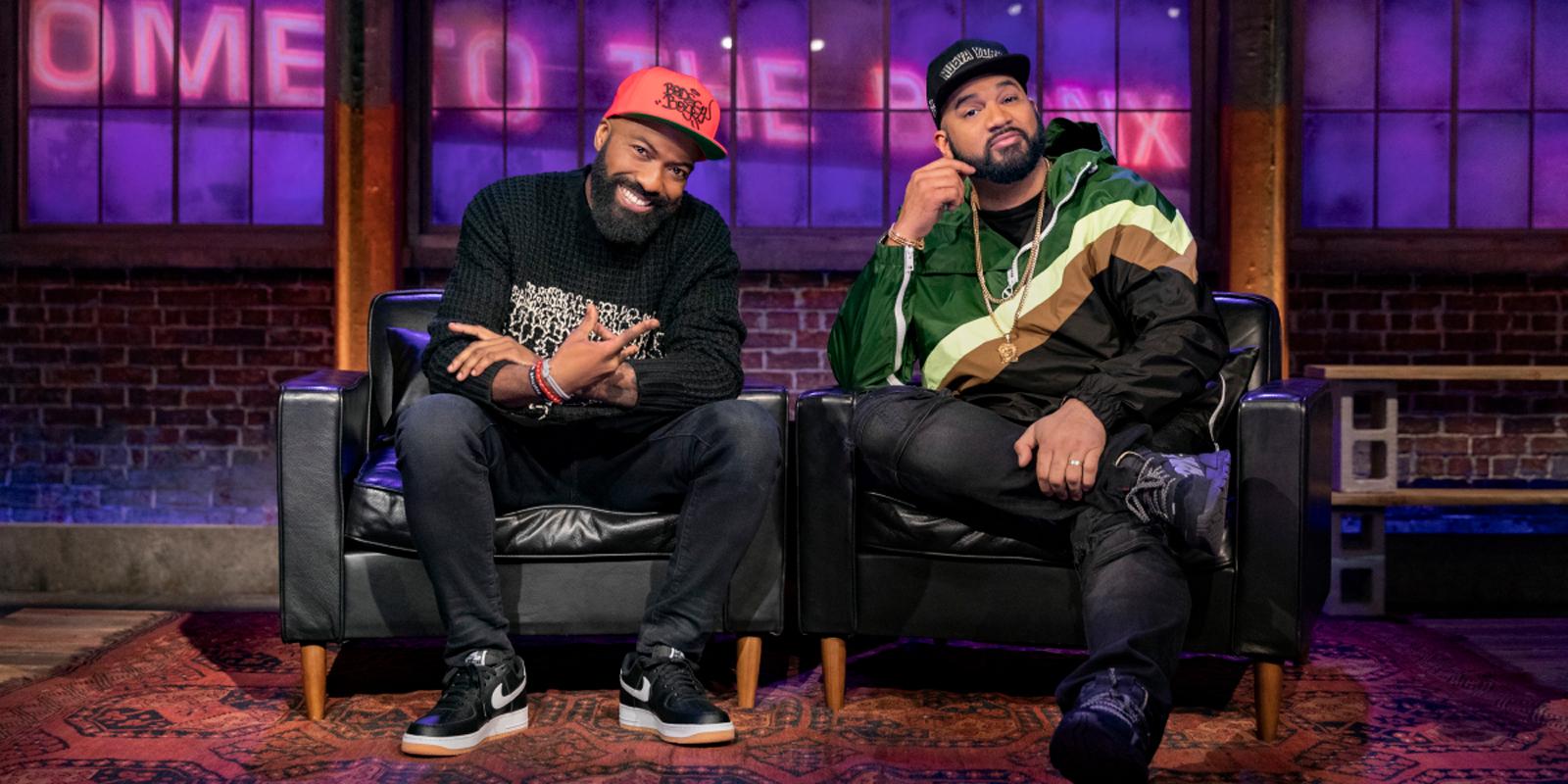Feb 11, 2021
The fresh take on the 1980s CBS crime-fighting series stars Queen Latifah as a former CIA agent tackling the modern injustices faced by disenfranchised communities.
In Making It Work, creatives and decision-makers from across the company describe how they turned an idea into a reality. In this installment, we spoke to the husband-and-wife television duo Andrew Marlow and Terri Miller, who serve as showrunners and executive producers of the new CBS drama The Equalizer starring Queen Latifah.
Andrew Marlowe: We were lucky enough to get a straight-to-series pickup in January of last year without having shot a pilot. That’s extremely exciting and terrifying at the same time. When you haven't shot the show, you don't know what elements work or don’t work.
Right away, we had to solve the problem of how to take a franchise that has existed in different forms—from Michael Sloan and Richard Lindheim's original series in the 80s to the films starring Denzel Washington starting in 2014—and make it fresh.
When we started writing, we knew a key element was the reality of the world we're living in—a world where people across the political spectrum don’t trust the institutions that are meant to protect and defend them. They don’t trust the government, the courts, the cops. This is a relevant time to look at the Equalizer property, since it’s centered around someone outside the system who is willing to find justice for the little guy when there’s nowhere else to turn. Plus, once we knew Queen Latifah was involved, we felt like we had a big sandbox to play in. She brings so much to the roles she plays.
Terri Miller: Another key element was a black woman as the face of justice. And she’s not a superhero. We created a character who's a real person. She hurts when she’s hit, she has a family, she cares deeply and has tremendous empathy about the people that she encounters in the world, and as a former CIA operative, she has the skills necessary to help those people.
Lindheim was one of our executive producers, and he was so excited about our ideas and what Queen Latifah was bringing to the franchise. He was able to see the pilot before, sadly, he passed away. I was just so happy that he liked what we were able to do with the show.
"I equate it [showrunning] to being an air traffic controller trying to land the plane that's almost out of gas―and meanwhile all the planes are coming at you at the same time."
Miller: We were two days away from starting production when everything was shut down. We spent the months on hiatus thinking through how to build a production machine that was going to keep our actors, our crew, and everyone involved safe as well as compliant with protocols put in place by the studio and various unions.
Marlowe: Meanwhile, it was an extraordinarily difficult time for the entire world in the aftermath of George Floyd and against the backdrop of the Black Lives Matter movement. With production on hold, we had time to consider how we wanted to incorporate what was happening in the world, and how to do so in a way that was entertaining for our audience by the time we were able to start shooting in November.
Miller: We also had a number of action sequences planned. Those always include contact with a lot of people, and are a place where trust is of the utmost important under normal conditions. That all factored into a number of safety protocols that we put in place, from consistent tests to everyone on set being masked.
Marlowe: As a showrunner, in a lot of ways, you're the CEO of the endeavor. You’re responsible for the writing, the development, and making sure that all the departments, from pre-production, to production, to post-production and editing, are in sync and running smoothly. On certain days, I equate it to being an air traffic controller trying to land the plane that's almost out of gas―and meanwhile all the planes are coming at you at the same time.
"We're going to be stuck together anyway, so we might as well make a TV show."
Miller: That’s why it's really, really nice to have a partner, because being a showrunner is a really, really hard job. I think that we're really lucky to have each other. We understand each other and know each other's brains.
We were learning along the way, especially because there were a lot of mini crises to manage. We filmed in New Jersey and New York. A location would drop out, and securing a location in Covid times, with fewer locations available, added another level of difficulty. Plus, when it’s time to shoot, you can't just walk into a location. You have to sanitize it and properly prep it.
Creating and running a show all alone during Covid, that's just brutal. I really admire the people who are doing that.
Marlowe: For us, it’s also like: we're going to be stuck together anyway, so we might as well make a TV show.
As told to Kelby Clark.
“The Equalizer” airs Sundays at 8:00 PM, ET/PT on CBS and CBS All Access.




